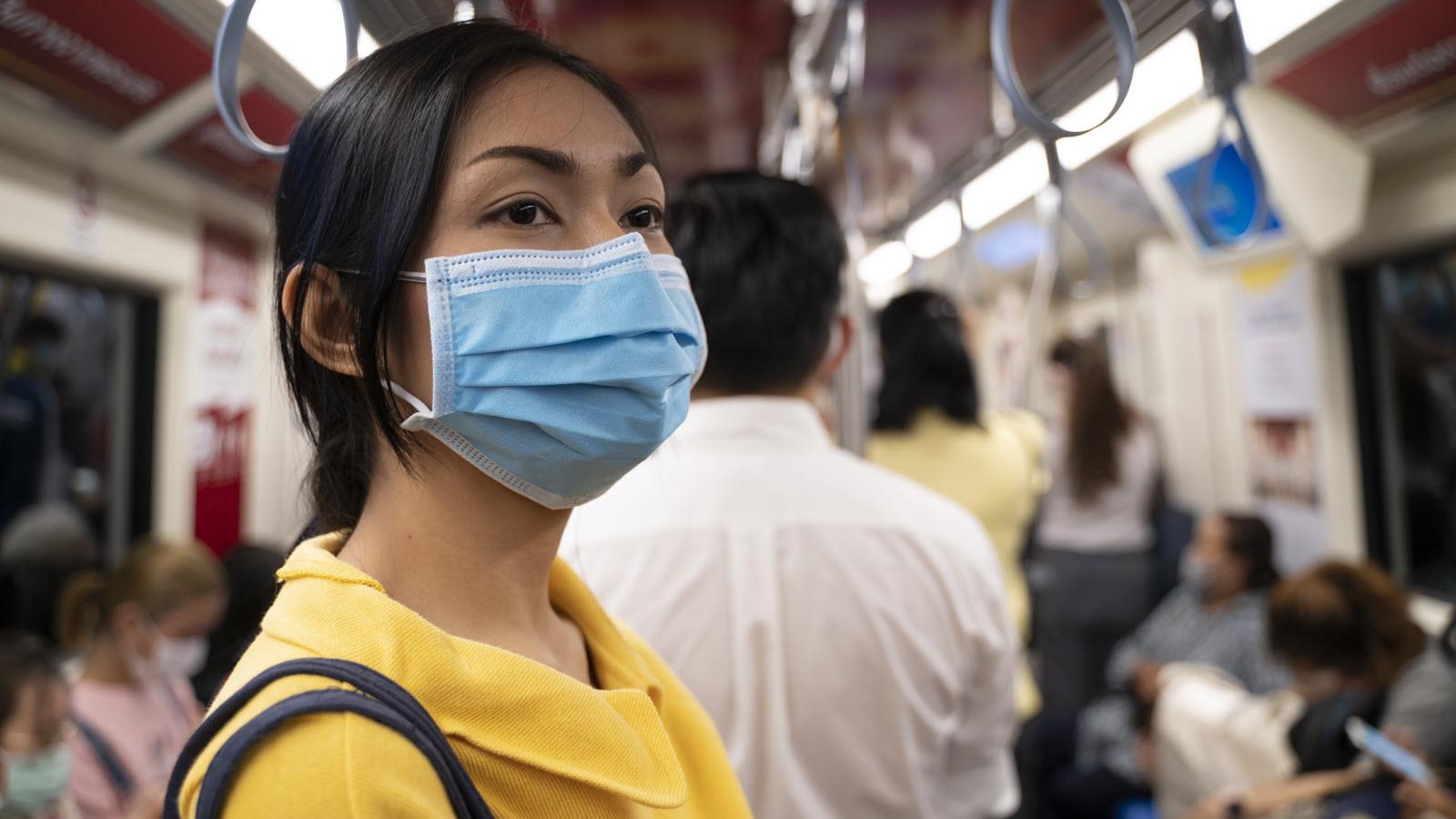More than two years into the COVID-19 pandemic, thousands of cases are still reported daily but the virus occupies less of the public’s attention. That’s due to lower death rates, vaccines and natural immunity conferred by so many people having been infected with one or more of the variants.
But as the pendulum swings toward acceptance and adaptation, it’s still complicated for people who are immunocompromised or have one of several hundred primary immunodeficiency (PI) diseases. Their immune systems don’t protect them as they should, making them vulnerable to serious infections.
And while COVID-19 vaccines have been shown to be effective for PI patients, the vaccinations don’t offer the same level of protection that healthy people enjoy, at least until they receive boosters, said Dr. Michelle Fan, an Assistant Professor of Medicine and Associate Chief of Allergy and Immunology for Primary Immunodeficiency at the University of California, San Francisco. Fan recently offered guidance to primary immunodeficiency patients during a webinar presented by the Immune Deficiency Foundation. Here are three key takeaways:
- PI patients should keep up with basic safety precautions. Wear a mask. Avoid people who are sick, Fan said, especially in indoor settings or whenever you’ll be in close proximity to people, especially if you don't know someone’s vaccine status.
New variants of COVID-19, like Omicron and its sub-variants circulating now, can make knowing what’s safe to do more complicated. Reinfections mean herd immunity is likely out of reach for the time being.
“The risk of reinfection increases with the emergence of new variants, as time goes on from your last infection or vaccine, and then as society opens up and precautions aren't as adhered to strongly,” Fan said.
PI patients who get COVID-19 also should know they might have to quarantine longer than the general population, she said. While people are typically most infectious in the few days before symptoms appear and right after, that timeline could be extended to as many as 20 days for people who are immunodeficient, Fan said.
“Patients with immunodeficiencies who got COVID-19 might have to quarantine for 20 days, or if they need to go to the infusion center for intravenous immunoglobulin they might have to go to a COVID-19-specific room for that period of time.”
More study is needed to understand why the virus seems to linger in immunodeficient patients and whether that means they are truly infectious and able to pass on the virus.
“A lot of it could just be the viral particles and proteins itself, not the full virus,” Fan said.
- Don’t just get vaccinated; follow the guidance for the number of shots recommended for people who have immune system problems. Fan said that the first two doses don’t typically produce a strong response in people who are immunodeficient, but the third dose provides more robust protection.
Vaccines are effective even for those who have immunodeficiencies, according to a study Fan’s group recently published. With mRNA vaccines, most PI patients mounted a T cell response, important because that’s a part of the immune system that remembers past foes and can provide protection against new infections.
“So I'm a really strong proponent of keeping up with boosters, because we do know that many patients, even with immunodeficiencies, will respond,” Fan said.
- Know that a new monoclonal antibody treatment can be another weapon to protect against infection, Fan said. Monoclonal antibodies are made in a lab and are designed to target something specific, such as the spike protein on SARS-CoV-2, the virus that causes COVID-19.



